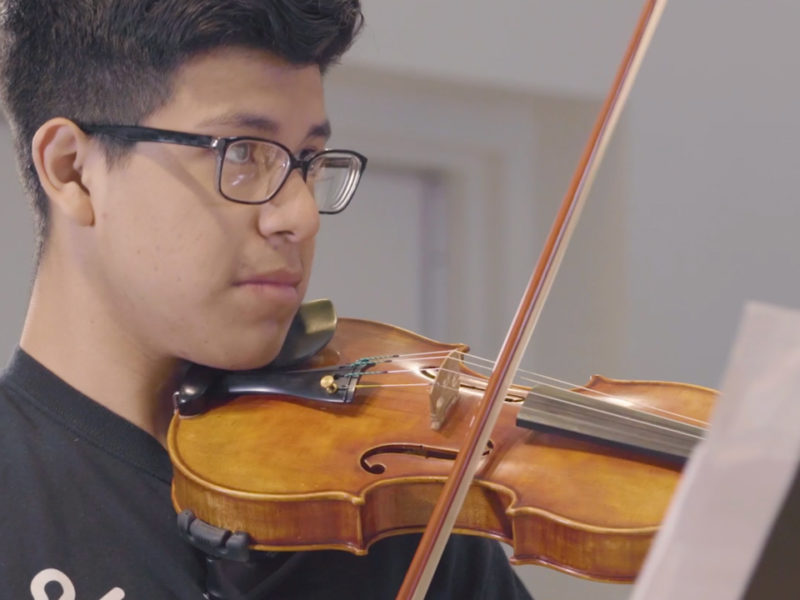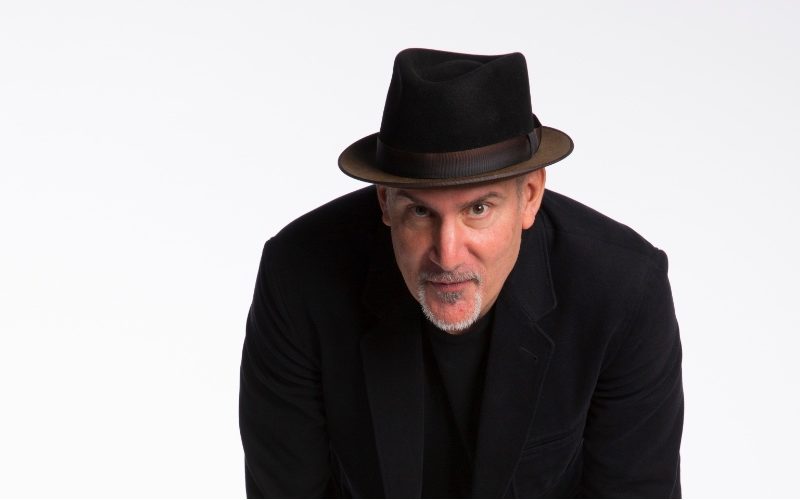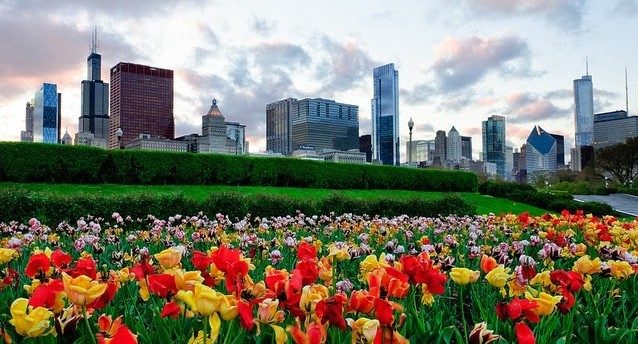
Music Dealers CEO Eric Sheinkop Transforms Independent Artists’ Careers
Music Dealers CEO Eric Sheinkop’s career in music licensing started with a McDonald’s commercial. When the rapper he had helped book didn’t show to a recording session, Sheinkop stepped behind the mic, becoming the voice of McDonald’s. The experience didn’t spark a rap career, but it did spawn an aha moment of sorts for Sheinkop.
“That was my first experience with licensing,” he said. “The checks just started coming. I didn’t understand why I kept on getting checks for something I did six months before. It turned out that’s what royalties are. Royalties are now the most lucrative thing we have in our business.”
 |
| Eric Sheinkop (center left) discussed the future of Chicago Music at a July CIW Co-op event at The Underground. |
Today, he’s built a global music licensing conglomerate around that epiphany. Music Dealers has the world’s largest catalog of independent music, with over 20,000 artists represented. These songs can be licensed to filmmakers looking for a song for a pivotal scene, shared with individuals on the hunt for new talent or provided for commercial use.
It’s easy to see how a company like Coca-Cola—whose iconic song “I’d Like to Teach the World to Sing” is just as much of a siren call to pop drinkers today as it was nearly 35 years ago—can effectively use music to build and bolster their brand. But Microsoft? Sheinkop stresses that all brands can benefit from using music as a way to connect to customers—which means, yes, even a company like Microsoft should be working on its advertising sound. (And, of course, it is. Both Coca-Cola and Microsoft work with Music Dealers.)
These commercial placements also, as Sheinkop learned back with that McDonald’s ad, benefit the musicians.
“It’s a placement in a television show or a television commercial or a movie that really is the catalyst in their careers,” he said, adding that the musicians Music Dealers represents are “at the tipping point.”
Just who are these emerging artists Music Dealers is representing? They’re primarily independent artists who are well known within their own musical “territory.” They are also from all over the world. With musicians from over 85 different countries, one of the company’s many specialties is finding local talent for events across the U.S. and overseas. Gone are the days when a musician needed to relocate to New York, LA or Nashville to jumpstart a career. Now, provided a musician can pass a two-tiered litmus test—proof of global licensing rights and a song with high production values—his music can be placed in Music Dealers’ catalog.
Where the song travels after approved by Music Dealers can be commercial placement, as in the examples above, but it may also be used for myriad other purposes, including to find musicians gigs. Sheinkop and his team work with cities across the globe to provide local talent for events. They’ve put together lineups for Sochi venues during the 2014 Winter Olympics, curated musicians for concerts across Brazil during this summer’s World Cup and are currently working to showcase Chicago talent in a new summer concert series at the Hancock Building.
Sheinkop sees that last effort as an opportunity to build Chicago’s music scene—and yet another chance to prove that musicians no longer have to go to New York or LA to make it big.
“They want people to feel a sense of community. [The Hancock] really is Chicago’s building…. And they’re firm about we want to show Chicago musicians, we want to support local acts,” Sheinkop said.
“They want people to feel a sense of community. [The Hancock] really is Chicago’s building…. And they’re firm about we want to show Chicago musicians, we want to support local acts,” Sheinkop said.




